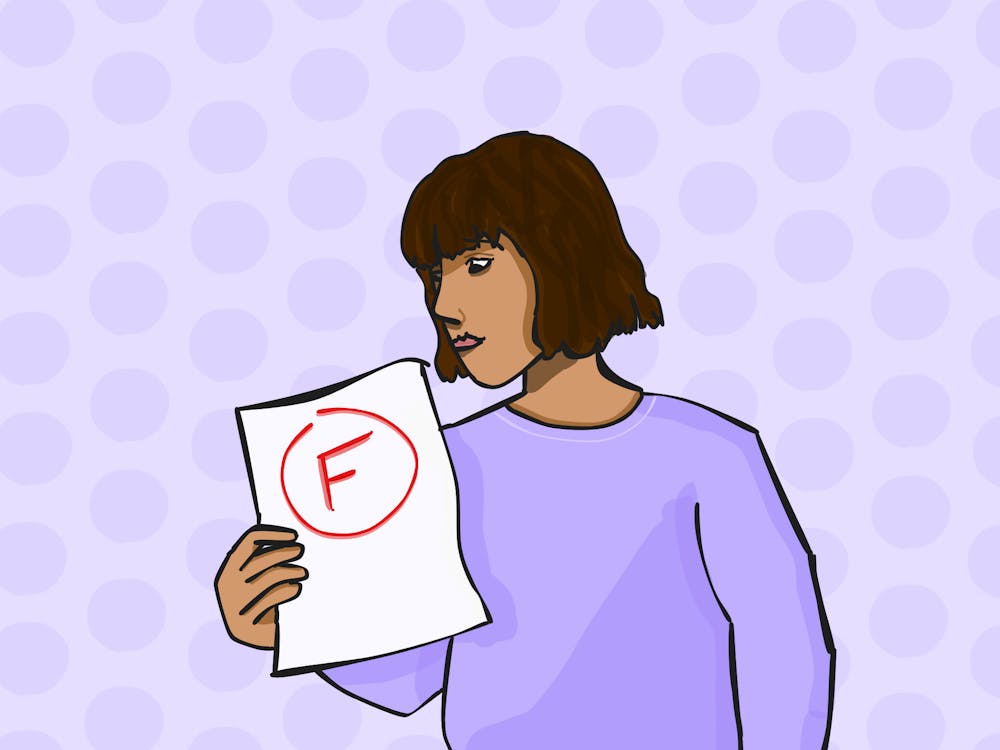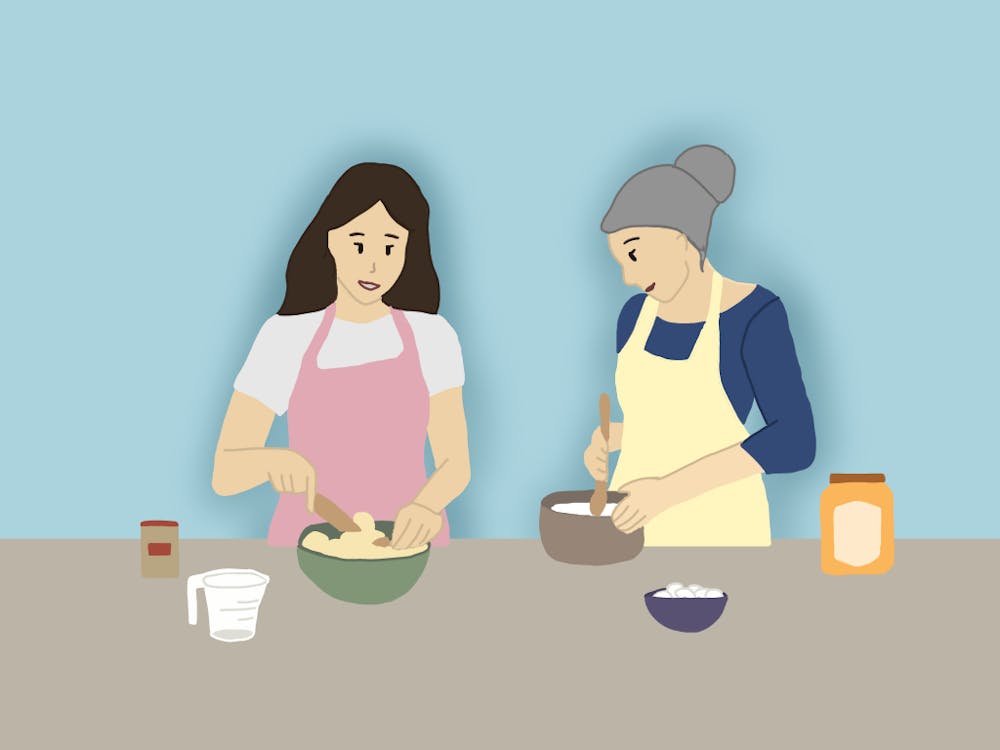I pull down the top of my iPhone screen and a cartoon yak turns around on itself. I look around Alderman’s map room to make sure no one sees, and the lowered eyes spur my investigation. Tens of messages pop up as the yak stops its turns, and I quietly, secretly read the competition between fraternities, pithy observances of O-Hill lunches and shout-outs to “TSull,” Joe Harris and Double-Swipe Dean.
I also read of girls called out by boys they have slept with, of a friend called fat and disgusting, of whole fraternities labeled “faggots.” I see phrases such as, “If she wakes up, you’re not doing it right.” Other statements appeal to racist sentiments to gain votes, still more to religious categorizations and stereotypes.
I feel dirtied, and I put my phone back in my jacket. Three hours later, I leave the library and pull down the Yak to read the new posts.
Such is YikYak, a live feed of what nearby people are saying using your phone’s GPS. As the website boasts: “no profile, no password, it’s all anonymous.”
Although I laugh, I also participate in this culture of competition, of racial and socioeconomic and religious bigotry. I participate in the pervasion of these sentiments by reading, by downloading, by telling my friends.
Why do we view these online forums? They appeal to our community for a number of reasons. Our love of free speech demands an arena to voice concerns about the University. This arena also gives people a way to talk about intimate and often troubling aspects of Greek life, academics and the social scene. In one sense, this app and similar websites are functioning like an open round-table discussion or a town hall meeting.
Yet, the very appeal of these applications and online sites is, ultimately, the shelter of anonymity they provide.
The app is labeled “restricted material,” — am I 17 or older? I click “accept” when I enter the application. Most of what I see is funny, punny and lighthearted. Offense seems neither given, nor taken, for the majority of what is written.
Enough instances, however, of blatant slut-shaming, racism and homophobia occur on this application to give me pause. These comments are not made to others’ faces and they do not have the names of writers attached. There are no consequences for personal attacks and hateful speech — leading to some of the worst instances of cyber-bullying I have ever seen.
I was reluctant to publish this article for a number of reasons. Selfishly, I wanted to avoid any connection with the application, and I worry that my name will find its way onto the screen. More importantly, I don’t want those unfamiliar with this application and the like-minded Internet sites to be enlightened of these forums, increasing their traffic and, ultimately, the bullying.
However, I believe in the integrity of the University community. I trust individuals, when given the choice, will often make the right decisions behind closed doors where no one can see. Our honor system is based off of this principle and I, like many others, believe in its power to define the mindset of many in our student body.
I propose a dual solution: calling on both the individual and the community to prevent cyber-bullying and anonymous bigotry. Each person must think twice about posting a defaming comment about another person. It sounds moralistic to talk this way, and I want to avoid talking from a pulpit, but appeals to the individual can only be enforced and fully realized if accepted by the whole community. As a University, I call for a stand against these forms of racism, rape culture and homophobia, so that students here are comfortable being themselves without fear of online retribution.
Do I expect everyone to delete YikYak? Is this the outcome I’m advocating?
Yes and no. In principle, I think a place for students to express themselves publicly without embarrassment is a noble idea. In practice, this idea to me has more bad effects than good and the tradeoff of crass humor is not balancing cyber-bullying. I call more for a sense of responsibility within each person to do as much as they can to create a safe, accepting environment for all.
I refuse to tacitly accept these insults, even at the expense of my amusements. This morning, I deleted the application. I felt as if I couldn’t in good conscience enforce a community of elitism and segregation — of humor at the expense of others. I hope many more will do the same.
Grace’s column runs biweekly Fridays. She can be reached at g.muth@cavalierdaily.com.






